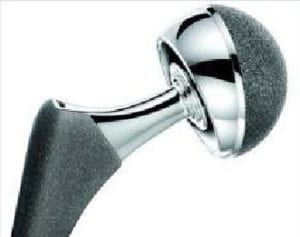FDA, Industry Debates 510(k)
The Food and Drug Administration (FDA) held a meeting this week to consider whether the 510(k) approval process for medical devices is keeping the public safe while balancing the need of industry to get innovative products to the market faster and easier.
“External stakeholders” were invited and helped set the agenda. That is what the FDA calls medical device manufacturers who weigh in heavily on the direction the agency takes in approving new medical devices.
Industry lobby group, AdvaMed, told the FDA that things are okay the way they are and there need not be any more regulation.
That is not surprising. Given that most medical devices make it to market via the 510(k) approval process which costs a few thousand dollars and takes a few months, this fast-track mode of marketing is ideal for a medical device manufacturer who wants to reel in profits as soon as possible.
As it now stands, manufacturers still operate under guidelines established in 1997, which impose the “least burdensome” standard on the medical device industry to bring new products to market.
However, without requiring post-market approval, which involves clinical trials, we’ve seen the fallout from 510(k).
Most metal hip prosthesis, transvaginal mesh and lap-band implants, were all approved via 510(k) fast track process. The American Medical Association published a 2011 report, “Medical Device Recalls and the FDA Approval Process” and found that of the 113 medical device recalls between 2005 and 2009, 70 percent had been approved through 510(k). Only 21 devices had undergone the more thorough pre-market approval (PMA) process.
In issuing a White Paper prior to this meeting, AdvaMed questioned whether there is any problem with 510(k) that really needs a solution. The White Paper was created with the help of Boston Scientific, reports Mass Device.
The FDA is considering modifying the 510(k) approval process by redefining the “substantial equivalent” definition, imposing periodic reviews of a product post approval or requiring industry to file a new application for approval.
AdvaMed says it believes industry is best qualified to determine if changes to a new medical device might affect safety and efficacy. In other words, it is best qualified to determine how to regulate itself. About 90 percent of the 4,000 devices approved each year go through 510(k).
This meeting was held in preparation for a Congressional hearing in next January when the FDA will be questioned about whether or not to continue allowing 90 percent of medical devices to enter the marketplace with an application and a few thousand dollars.
Share This



